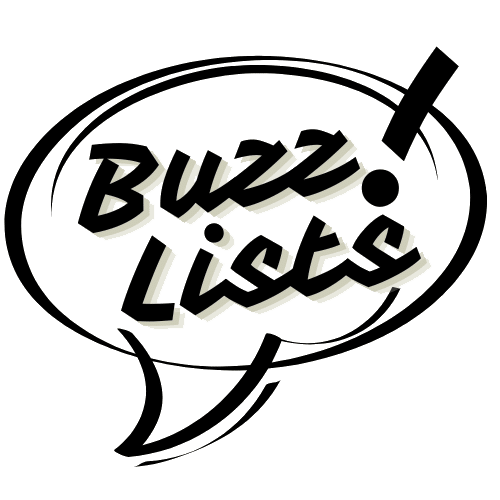Air travel can be a thrilling start to a new adventure, a necessary part of our jobs, or a way to connect with loved ones. However, the confined space of an aeroplane, along with the multitude of travellers passing through airports, can be a hotbed for germs and illnesses, ranging from the common cold to more alarming diseases like Ebola. Here are 15 strategies to help you stay healthy and avoid getting sick when flying.
1. Get Vaccinated

Get Vaccinated: Before your trip, ensure you’re up to date on vaccinations, including seasonal flu shots. Some destinations may also require vaccinations against diseases like Yellow Fever or, in rare cases, where travel advisories exist, Ebola.
2. Stay Hydrated

Stay Hydrated: Airplane cabins have very low humidity, which can dehydrate you and dry out mucous membranes, making you more susceptible to germs. Drink plenty of water before, during, and after your flight.
3. Use Hand Sanitizer

Use Hand Sanitizer: Regularly clean your hands with an alcohol-based hand sanitizer, especially before eating or touching your face. It’s a quick way to kill germs you’ve picked up from surfaces.
4. Bring Disinfectant Wipes

Bring Disinfectant Wipes: Wipe down tray tables, armrests, and other surfaces before using them. Studies have shown these are among the germiest places on airplanes.
5. Wear a Mask

Wear a Mask: Especially on long flights, wearing a mask can protect you from airborne pathogens. This practice has become more accepted and is a wise precaution in crowded conditions.
6. Avoid Touching Your Face

Avoid Touching Your Face: Your hands touch many surfaces and can pick up viruses and bacteria. By avoiding touching your face, you reduce the risk of transferring these to your mouth, nose, or eyes.
7. Choose Your Seat Wisely

Choose Your Seat Wisely: If possible, select a window seat. People seated here are less likely to come into contact with as many fellow passengers as those walking down the aisle.
8. Stay Rested

Stay Rested: Being well-rested before flying can boost your immune system and help your body fight off any germs it encounters.
9. Eat Healthily

Eat Healthily: Opt for nutritious meals before and during your flight to support your immune system. Avoid heavy, processed foods that can leave you feeling sluggish.
10. Keep Moving

Keep Moving: Staying seated for long periods can increase your risk of deep vein thrombosis. Take short walks and stretch your legs and arms regularly.
11. Avoid Alcohol and Caffeine

Avoid Alcohol and Caffeine: Both can dehydrate you further and impact your ability to rest during the flight. Stick to water or juice instead.
12. Use Nasal Spray

Use Nasal Spray: A saline nasal spray can help keep your nasal passages moist, providing a better barrier against pathogens.
13. Bring Your Pillow or Blanket

Bring Your Pillow or Blanket: Avoid using airline-provided ones unless they are sealed in plastic. Bringing your own ensures they are clean and reduces your exposure to germs.
14. Ventilate Your Space

Ventilate Your Space: Adjust the air vent above your seat to create airflow in front of you, which can help keep airborne particles away from your breathing space.
15. Practice Mindfulness

Practice Mindfulness: Stress can weaken your immune system. Practices like meditation or deep breathing can reduce stress levels and help keep you healthy.
Prepare, Protect, and Proceed with Caution

Prepare, Protect, and Proceed with Caution: Traveling, especially in the age of global connectivity, exposes us to a wide range of health risks, from the mundane to the exotic like Ebola. By taking proactive steps to protect yourself, you can significantly reduce your risk of falling ill during your journey. Remember, your health is your most valuable travel asset—guard it wisely to ensure your adventures are memorable for all the right reasons.
The post Flying Fit: 15 Smart Ways to Dodge Illness While Jetting Around first appeared on Buzz Lists.
Featured Image Credit: Shutterstock / Jacob Lund.
For transparency, this content was partly developed with AI assistance and carefully curated by an experienced editor to be informative and ensure accuracy.

